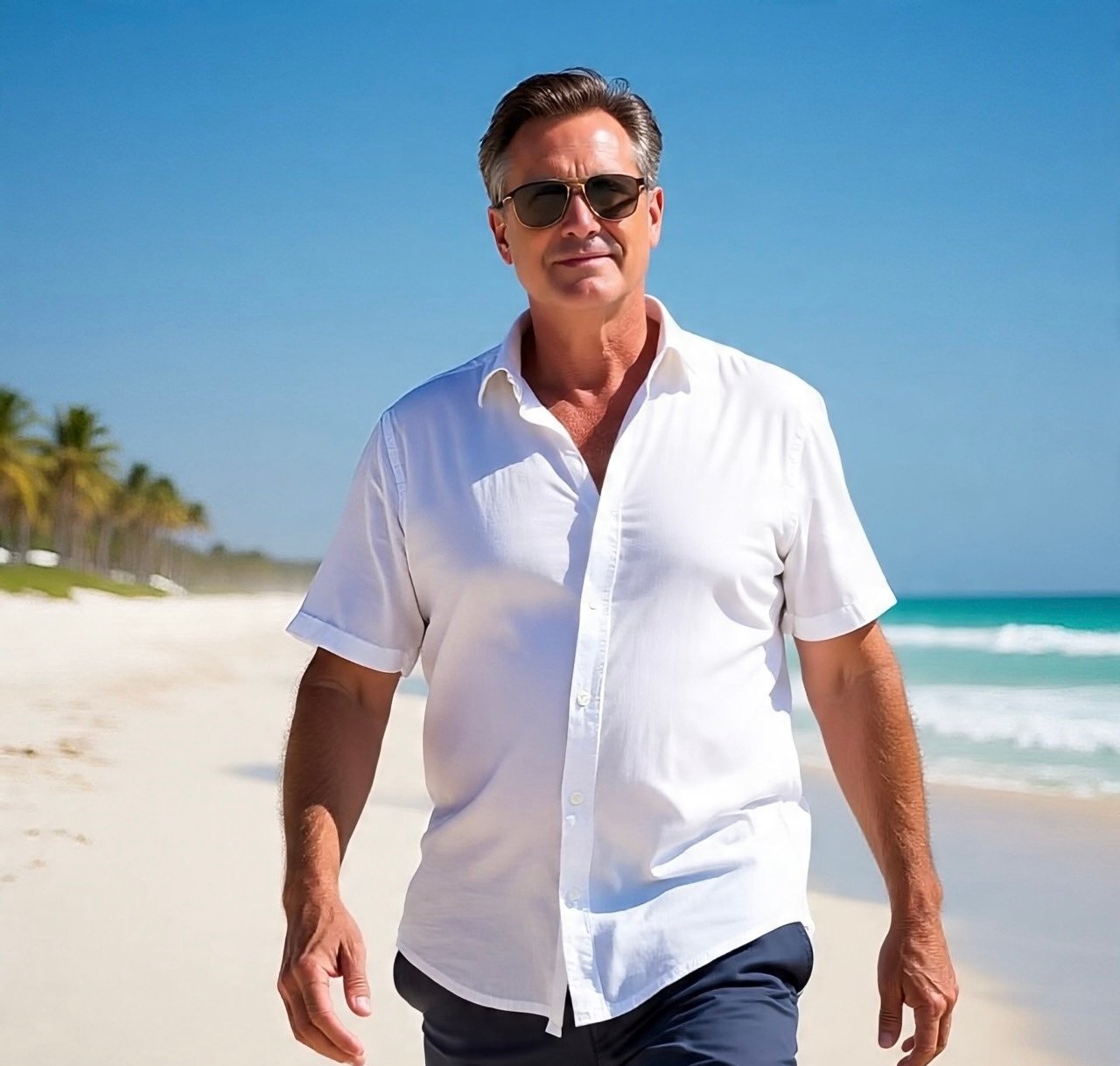As global temperatures rise, heat waves are becoming increasingly frequent and dangerous. These extreme weather events do more than cause discomfort; they pose a growing threat to human health. A groundbreaking study from the University of Hong Kong now suggests prolonged exposure to heat waves can accelerate biological aging, a process linked to higher risks of chronic illness and reduced longevity.
The research, which tracked nearly 25,000 Taiwanese adults over 14 years, provides compelling evidence that climate change may directly speed up the aging process. Alarmingly, the effect of heat waves on aging may be comparable to long-recognized risks such as smoking and heavy drinking.
Understanding Biological Aging: Beyond the Number of Years
Chronological age tells us how long a person has lived. Biological age, however, reflects how healthy a person’s organs, tissues, and cells truly are.
Scientists calculate biological aging using measurable markers such as blood pressure, cholesterol, glucose metabolism, and other health indicators. This approach reveals whether someone’s body is aging faster—or slower—than their actual years suggest.
The new study found that heat waves negatively affect these markers, pushing the body into a state of accelerated biological aging.
The Study: Data and Key Findings
Researchers examined medical records of 25,000 Taiwanese participants who underwent health checks between 2008 and 2022. Heat exposure was estimated using their residential addresses and matched against heat wave patterns during the study period.
Key Findings:
- Each additional heat wave exposure was linked to an increase of 0.023 to 0.031 years in biological age.
- The effects accumulate, meaning long-term exposure could significantly speed up aging.
- Older adults, already vulnerable to age-related decline, face the greatest risks.
While these numbers may appear small, the impact compounds over years, especially with climate change driving longer and more frequent heat waves.
Heat Waves vs Lifestyle Risks
Smoking, poor diet, alcohol abuse, and lack of exercise are known drivers of biological aging. This study, however, positions heat exposure as a major environmental factor with comparable long-term health risks.
Although the study did not prove direct causation, it highlights how repeated environmental stressors like extreme heat can silently erode health over time. Previous research has already shown that heat waves worsen cardiovascular disease, kidney problems, and respiratory illnesses—especially among older adults.
Climate Change and Rising Health Risks
The World Health Organization (WHO) already identifies extreme heat as a leading environmental threat. Climate change is expected to intensify heat waves globally, exposing billions to higher health risks.
Vulnerable Populations at Risk:
- Older adults: Reduced ability to regulate body temperature.
- Outdoor workers: Continuous exposure without relief.
- Low-income groups: Limited access to cooling and healthcare.
This makes heat waves not only an environmental concern but also a public health crisis that demands urgent global action.
Preparing for an Aging Population in a Hotter World
By 2050, nearly 16% of the world’s population will be aged 65 or older. Rising global temperatures mean older populations could face compounded risks, including accelerated aging and worsening of existing conditions.
Healthcare providers and policymakers must act quickly to design strategies that protect vulnerable groups from climate-related health risks.
Policy Implications: Protecting People from Heat
The study emphasizes the need for comprehensive public health policies. Recommended strategies include:
- Establishing cooling centers during heat waves.
- Expanding access to healthcare and emergency services.
- Urban planning to reduce heat retention in cities.
- Public campaigns to educate citizens about heat safety.
Simple protective steps—such as hydration, avoiding outdoor activity during peak heat, and access to cooling—could save lives and slow aging impacts.
The Need for More Research
Published in Nature Climate Change, the study calls for deeper exploration into how climate change affects long-term health. Scientists must identify specific biological mechanisms behind accelerated aging due to heat exposure.
Future research should also explore whether interventions like better urban design, dietary improvements, or medical care can offset heat’s impact on biological aging.
Conclusion: A Wake-Up Call for Public Health
The link between heat waves and accelerated aging is a stark reminder of climate change’s hidden health dangers. Unlike visible injuries, biological aging is silent yet deeply consequential.
Protecting vulnerable groups, especially the elderly, should be a global priority. Governments, health agencies, and communities must adapt to ensure people not only live longer but also remain healthier despite a warming world.
FAQs
Q1: How do heat waves accelerate biological aging?
Heat waves increase stress on the body, affecting blood pressure, cholesterol, and glucose regulation, all of which accelerate aging.
Q2: Who is most at risk from heat waves?
Older adults, outdoor workers, and low-income communities face the greatest risks due to limited resilience and fewer resources.
Q3: Can heat-related aging be reversed?
While reversing aging is unlikely, limiting exposure and adopting protective measures can help slow further biological aging.
Q4: Is climate change the only factor driving heat wave intensity?
Climate change plays a major role, but urbanization, deforestation, and pollution also amplify heat intensity in many regions.
Q5: What steps can individuals take to protect themselves?
Stay hydrated, avoid outdoor activity during peak hours, and seek cool environments like air-conditioned spaces or shaded areas.
Disclaimer: The information provided in this article is for general informational purposes only and should not be considered medical advice. Always consult a qualified physician or healthcare professional before starting any new health practice, treatment, or following the tips mentioned here.




